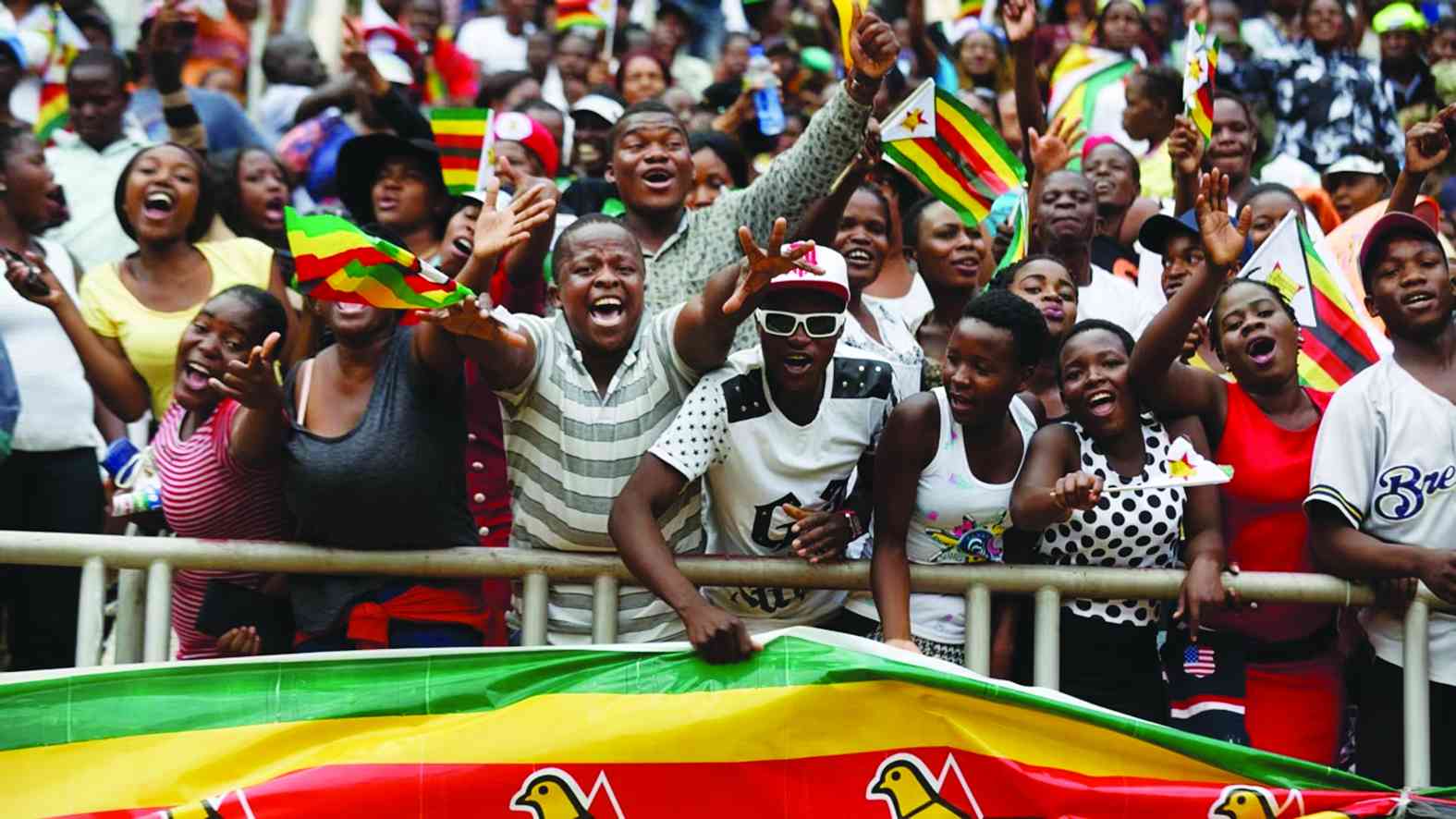
AN Afrobarometer survey conducted by Mass Public Opinion Institute (MPOI) has revealed that the youth in Zimbabwe are more educated, less employed and less engaged than their elders in the country.
MPOI principal researcher Simangele Moyo-Nyede told NewsDay that the study was carried out over a 10-year period from 2012 to 2022 and the results of the survey were released last month.
Zimbabwe has completed surveys with Afrobarometer in 1999, 2004, 2005, 2009, 2010, 2012, 2015, 2017, 2022 and 2023.
Moyo-Nyede said young Zimbabweans see their government as falling short on employment and the economy.
“Findings show that Zimbabwean youth [defined here as aged 18-35] have more education than their elders, but are also more likely to be unemployed. Unemployment and management of the economy top the list of the most important problems that young Zimbabweans want their government to address,” she said.
According to the report, the youth “are more educated, less employed and less engaged than their elders”.
“In addition to hobbling economic development, youth unemployment is a global security threat that, if left unaddressed, can result in social unrest, higher levels of crime and susceptibility to extremist groups. In Zimbabwe, an ailing economy has made the situation particularly critical for young people,” the report said.
The official youth unemployment rate defined as the percentage of the labour force aged 15 to 24 actively seeking employment is 12,37%, though activists say this grossly underrepresents the number of young Zimbabweans who need jobs.
- Strong policies will win polls over vote-buying ‘gifts’: Survey
- Electoral violence fears haunt 70% Zimbos
- Zim youth more educated, less employed, less engaged than elders: Afrobarometer
Keep Reading
The report said more than 60% of the country’s population is under the age of 25, but continues to face significant obstacles to realising their economic and political potential.
Moyo-Nyede said the Afrobarometer survey provided an on-the-ground look at the situation of youth in the country.
According to the report, fewer than half of the youth demographic approve of the way the President, Members of Parliament and local government councillors have performed their jobs.
Although dominant in numbers, Zimbabwe’s youth are less likely than their elders to participate in change-making activities such as voting and civic activities.










